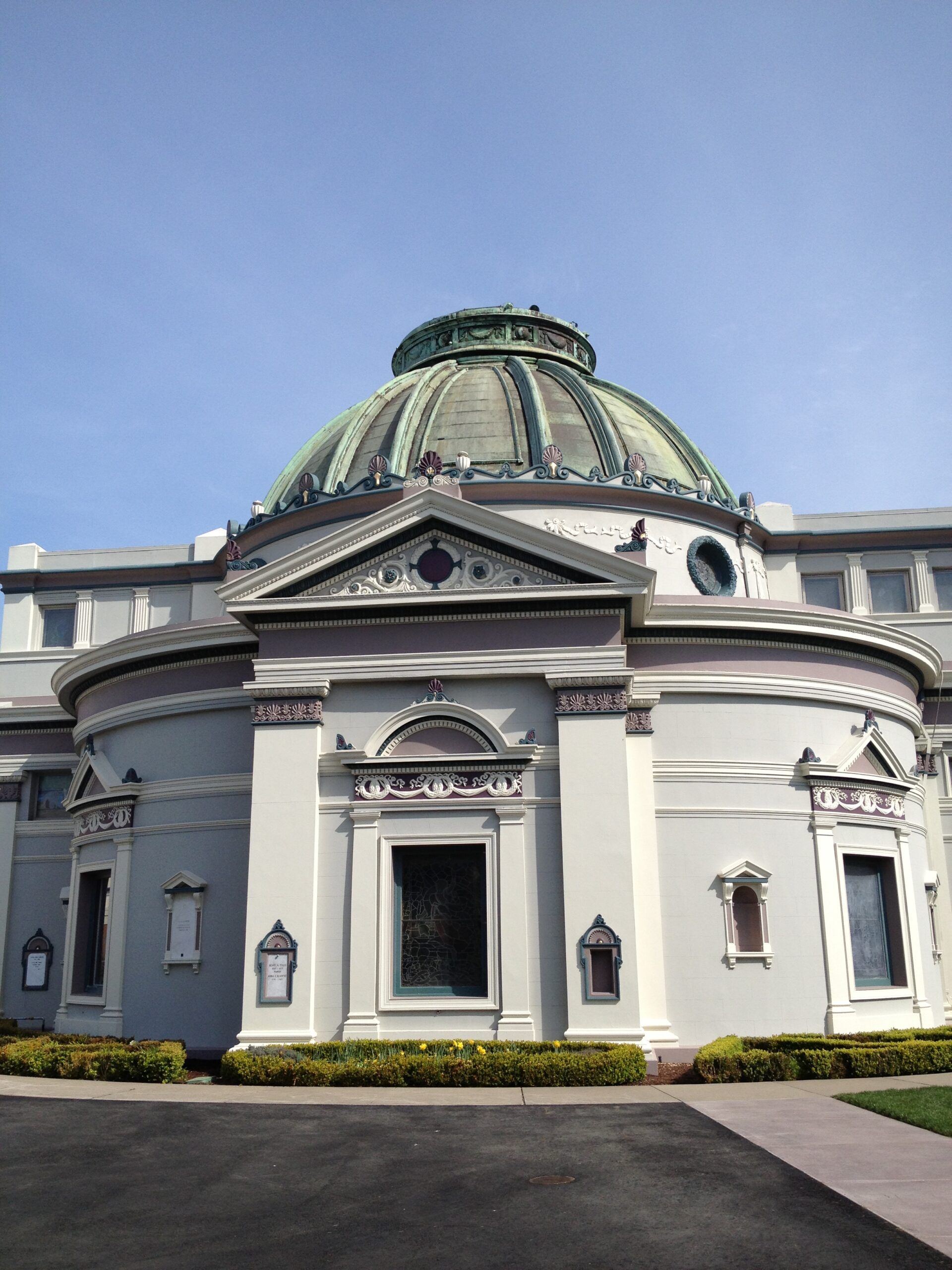“Auld Lang Syne” is traditionally sung at the conclusion of New Year gatherings in San Francisco and all over the world, giving us a chance to raise a toast the dear departed.
Lewis Henry Lapham, who was born here in 1935, passed away in Rome last July.
Reflecting on the news of his demise, I was reminded of my first encounter with this complicated and utterly enchanting man.
It was in the summer of 1984, shortly after Lewis entered Act Two of his tenure as Harper’s Magazine editor. I had submitted a draft from the recently-concluded Democratic National Convention in our city, but placed it with a wire service before it was given his consideration.
We were both members of The San Francisco Press Club, (I was the editor of our newsletter and annual magazine, “Scoop”), but he had left the San Francisco Examiner long before then.
I was about to leave town for a job interview in Rome with a new magazine launch tentatively named Day Seven.
It was a concept monthly meant to replace the old Rome Daily American for U.S. expats when it was about to fold.
“Then why don’t you send me a short feature about The Eternal City instead,” Lewis suggested.
He was particularly interested in learning more about a cold case that never attracted the attention of the mainstream press when the mystery might have been solved.
The incident in question, as some of our older readers will recall, was the Aldo Moro kidnapping and assassination in 1978.
Six years later the issue still intrigued Lewis, who was nearly lured away as a young man from journalism to a career with the CIA.
At that time, the Central Intelligence Agency figured prominently in many conspiracy theories, along with the KGB and Mossad. It was believed that Moro – a progressive – was fingered for wanting to include the Communist Party into Italy’s ruling cold war coalition.
Law enforcement officers, meanwhile, never detained criminal suspects for interrogation during their two-month long investigation, leading most Romans to believe that the “fix was in.”
Even in 1984, I discovered that vestiges of “Red Brigade-ism” was still evident in Rome.
In my preliminary report to Lewis, I observed that the Marxist-Leninist culture was alive a well, while the police turned a blind eye to its murderous intent.
In cafes and bars, I encountered professors and their penurious graduate students who maintained that a revolution was not only needed, but supported by most Italians.
Lewis wisely intoned “enough.”
If these bad actors are still around, he added, it’s best to keep a low profile:
“The Mafia might have also been involved in this violent murder, and they lack a sense of humor when it comes to nosy American reporters.”
My surname, Burnson, is related to the Scottish Cumberland name of Robert Burns, the author of “Auld Lang Syne.”
The legendary poet and I long for the departed, and particularly for fellows like Lewis Lapham who only chose caution when it was the last acceptable option.
The lyrics of the song pose the question: How do we best remember the memories, friends and experiences of years before?
The answer, Burns explains, is to “share a cup of kindness yet” as we journey into the new year.
To quote from the first stanza:
Should Old Acquaintance be forgot,
and never thought upon
The flames of Love extinguished,
and fully past and gone
Is thy sweet Heart now grown so cold,
that loving Breast of thine
That thou canst never once reflect
On old long syne.

